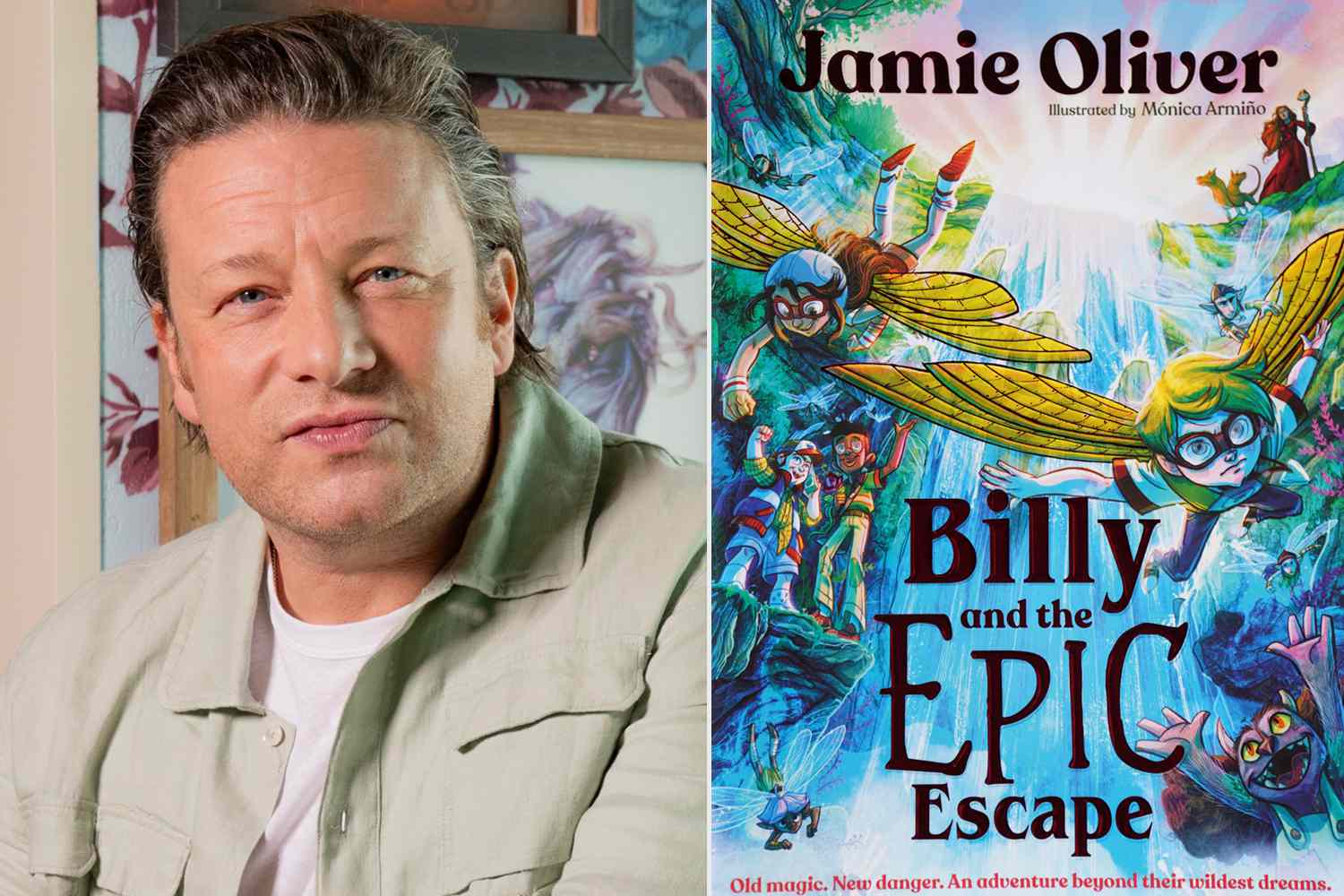Jamie Oliver has apologized after his children’s book was pulled from shelves following criticism from Indigenous Australians.
The celebrity chef, 49, said he was “devastated to have caused offense” after it was revealed that publisher Penguin Random House U.K. would be withdrawing Billy and the Epic Escape following its initial release back in May, per NBC News.
Per the BBC, the book — which is a sequel to Oliver’s 2023 release, Billy and the Giant Adventure — “features an Aboriginal girl with mystical powers living in foster care who is abducted from her home in central Australia.”
The National Aboriginal and Torres Strait Islander Education Corporation (NATSIEC) criticized the release, claiming it “dangerously trivializes the ongoing trauma associated with Australia’s violent history of child removal,” per a statement obtained by NBC News.
Joe Giddens/PA Images via Getty
For years in the country, children of Australian Aboriginal and Torres Strait Islander descent were removed from their families by government agencies and church missions based on assimilation policies. These children were known as the Stolen Generations.
Oliver added in his own statement, per NBC News: “I am devastated to have caused offense and apologize wholeheartedly.”
“It was never my intention to misinterpret this deeply painful issue. Together with my publishers we have decided to withdraw the book from sale,” he continued.
According to the Associated Press, Indigenous campaigners thought they should have been consulted before the book was published.
“It is clear that our publishing standards fell short on this occasion, and we must learn from that and take decisive action,” Penguin Random House U.K. said, per the news agency.
“With that in mind, we have agreed with our author, Jamie Oliver, that we will be withdrawing the book from sale,” the company added.
Joe Giddens/PA Images via Getty
The BBC reported that Oliver had requested Indigenous Australians be consulted by the publisher before the book’s release, but an “editorial insight” got in the way.
NATSIEC’s Sharon Davis also commented on the character in the book being able to communicate with animals and plants and read minds because “that’s the Indigenous way,” the outlet stated. Davis insisted the character’s description reduces “complex and diverse belief systems” to “magic,” the BBC reported.
“This trivialization is both culturally insensitive and harmful,” the organization said, per NBC News.
Never miss a story — sign up for PEOPLE’s free daily newsletter to stay up-to-date on the best of what PEOPLE has to offer, from celebrity news to compelling human interest stories.
Davis also said that the fact the character uses vocabulary from the Gamilaraay people of New South Wales and Queensland showed “complete disregard for the vast differences among First Nations languages, cultures, and practices,” per the BBC.
Penguin Random House U.K., a rep for Oliver and NATSIEC didn’t immediately respond when contacted by PEOPLE.
Read the full article here








